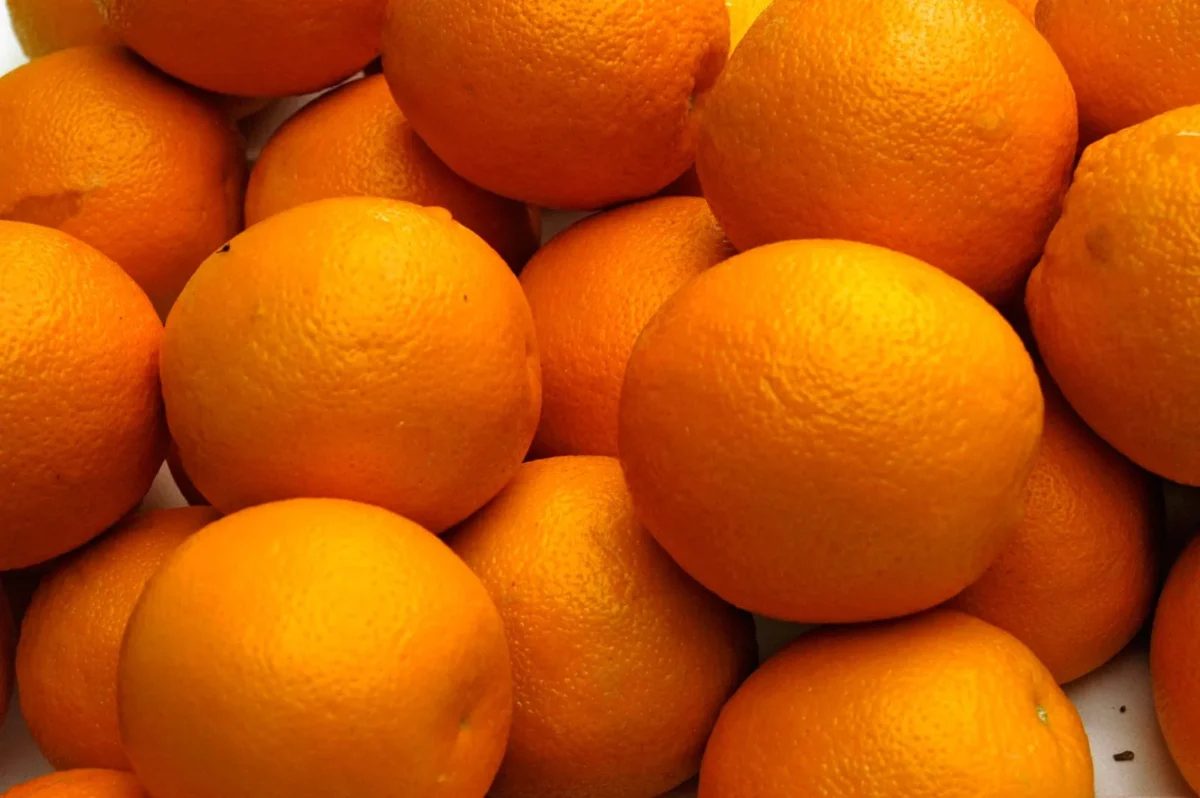As market flooding and hefty levies impede exports, Darjeeling orange growers are in a severe predicament
The Darjeeling orange, once a priceless gem, is currently experiencing a painful crisis. Due to a sharp decline in production, traders in Siliguri, the epicenter of the fruit trade, are facing enormous losses
Known for its alluring perfume and flavor, this aromatic gem of North Bengal is currently fighting for its life. The future of this renowned fruit is in jeopardy as output has fallen to just 20 per cent.
Every year from November to January, North Bengal’s orange trade brought in crores of rupees. In order to stock as much of the seasonal fruit as possible, traders from all over the nation used to congregate at the Regulated market, the largest wholesale market in the Northeast, which is located in Siliguri, in the Darjeeling district of West Bengal. In the meantime, during the past few years, things have changed. Orange production has decreased in Kalimpong, Kurseong, and Darjeeling. Orange production has decreased to 20 per cent, according to Siliguri dealers. They asserted that the government’s lack of collaboration and maintenance has caused a decline in orange production.
At the controlled market, Adam Singh Giri, a farmer from Soreng, Darjeeling, stated: “The government is not providing them with any support. Due to the lack of organic fertilizers, the farmers were unable to maintain the orange trees on their own, with the assistance of a few members of the Farmers Club. Additionally, they asked the government to investigate, saying that if they don’t, the fruits will have disappeared.
“The orange market is almost finished,” stated Binod Rastogi, an orange vendor from a Siliguri market that is regulated. They used to receive an enormous amount of oranges between November and January. Currently, however, only 20% comes from the hills. It is a result of both inadequate tree care and global warming.
The Darjeeling orange, once a priceless gem,

